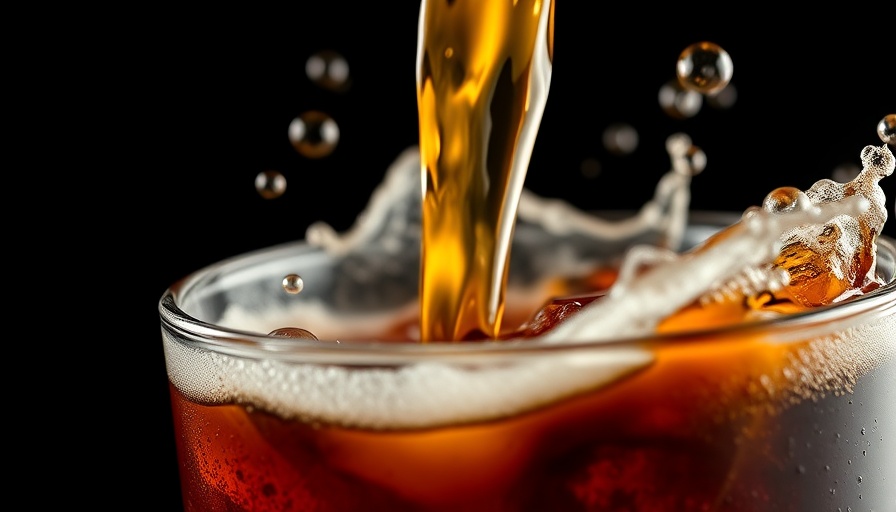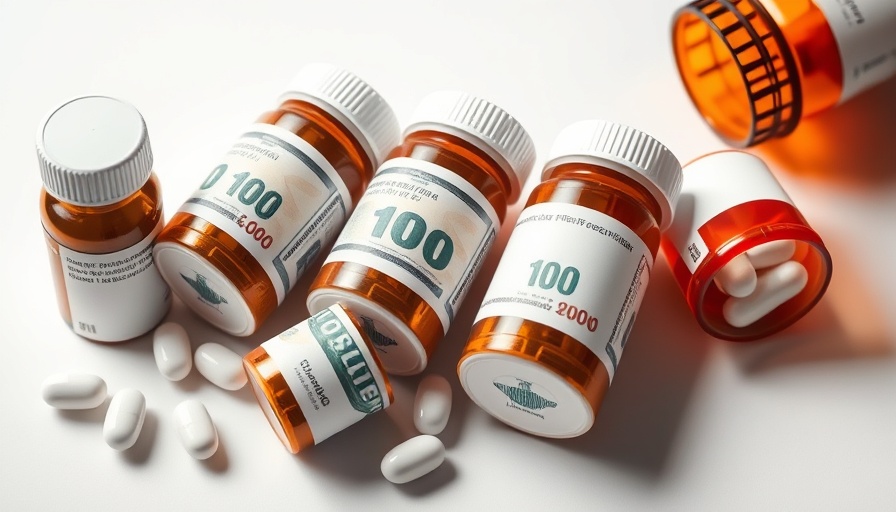
The Silent Dangers of Soft Drinks on Bone Health
If you’re accustomed to grabbing a cold can of soda to quench your thirst, it’s time to reconsider. Recent studies reveal a shocking link between soft drink consumption and increased fracture risk, highlighting just how detrimental these fizzy beverages can be for our bones. A study published in the journal Nutrients analyzed the health of over 17,000 adults and concluded that daily soda drinkers have a staggering 4.69 times higher fracture risk than non-drinkers. But what about those who enjoy soda just once or twice a week? They are not off the hook either, as even moderate consumption has been shown to increase fracture risk.
How Soft Drinks Disrupt Mineral Balance
The issue lies in phosphoric acid, a common ingredient in many sodas, which disrupts the delicate calcium-phosphorus balance in our bodies. This chemical reaction forces the release of calcium from our bones, potentially leading to long-term bone weakness even if we are consuming adequate dietary calcium. The problem becomes even more pronounced with diet sodas, which not only displace healthier drinks like milk but also lower calcium and vitamin D levels in the body, exacerbating bone breakdown.
A Gradual and Invisible Damage
Bone damage from soft drinks doesn’t occur overnight; it creeps in silently over time. Many people may not notice anything amiss until they experience a fracture from what seems like a minor fall. As this damage accumulates over the years, it gradually makes our bones fragile, all while we remain oblivious to the underlying issue. This is why education around soft drink consumption and its implications on bone health is vital for preventive measures.
The Ripple Effects of a Soda-Laden Diet
In our discussion about soft drinks, it’s critical to address how they crowd out healthier options. For families, the constant availability of sodas can limit children’s exposure to nutritious beverages like milk or fortified plant-based alternatives, which are essential for developing strong bones in growing children. As they substitute soft drinks for milk, they miss out on the calcium and other important nutrients necessary for bone health.
Nutrition and Lifestyle Changes to Counteract Damage
If you're ready to take charge of your bone health, reversing the damage requires a comprehensive approach. It’s not just about eliminating sodas—both regular and diet—but also about replacing them with mineral-rich whole foods. Incorporating foods high in calcium (like leafy greens and dairy products) and vitamin D (from sunlight and fatty fish) is crucial. Moreover, strength training exercises can bolster bone density, enhancing your overall musculoskeletal health.
What Can You Do? Practical Steps Toward Stronger Bones
Breaking the soda habit can be tough, but certain strategies can make it easier. Start by gradually replacing your soft drink intake with sparkling water or herbal teas, which can satisfy the need for fizzy beverages without compromising your bone health. Furthermore, getting outside for more sunlight exposure helps boost your vitamin D levels, ensuring that your body can effectively utilize dietary calcium.
Conclusion: A Call to Action
The narrative surrounding our health is shaped by the choices we make daily. If you or a loved one is consuming soft drinks frequently, take the time to analyze how this habit might be impacting your bone health. Use this knowledge to begin making healthier choices that favor your long-term wellbeing. Your bones will thank you!
 Add Row
Add Row  Add
Add 



Write A Comment